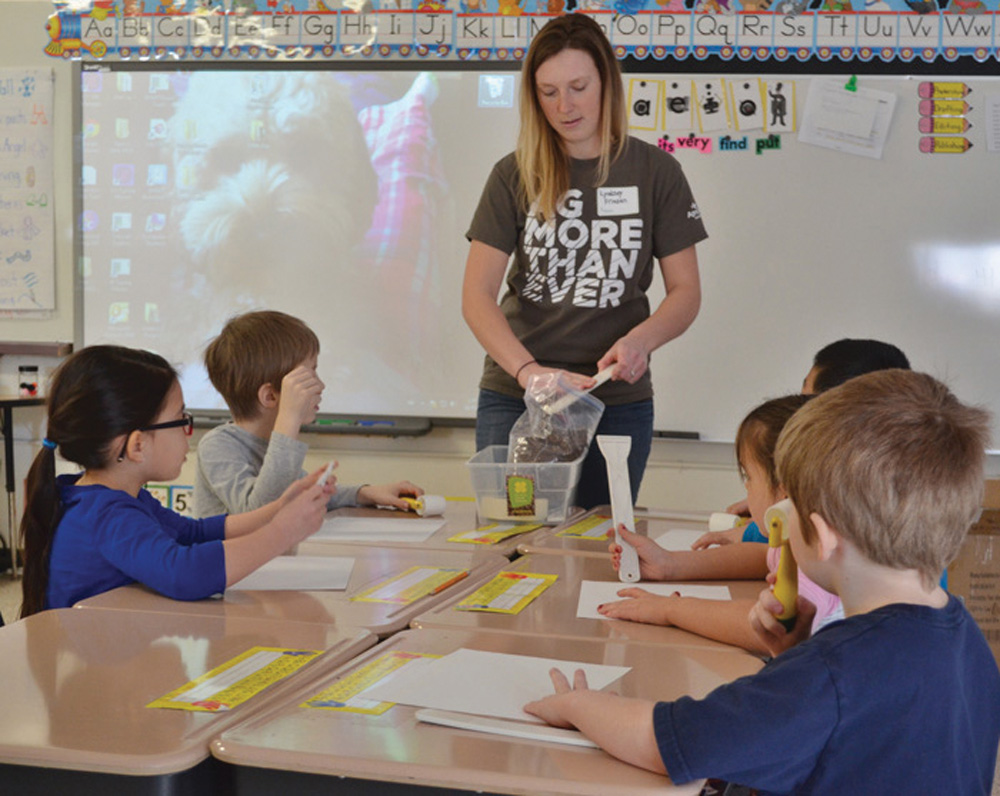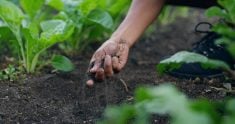Agriculture in the Classroom Manitoba is less than two months from the start of Canadian Agricultural Literacy Month, but its volunteer list sits at less than half the number of people it needs.
Executive director Katharine Cherewyk says more than 200 classrooms, representing about 4,700 students, have registered for agriculture literacy month presentations in Manitoba.
Ag in the Classroom is on the hunt for classroom speakers for this year’s Canadian Agricultural Literacy Month.
Read Also

Manitoba crop insurance expands wildlife coverage, offers pilot programs
New crop insurance coverage is available to Manitoba farmers.
The month-long public education program sees farmers and other ag industry members visit classrooms across the country. The campaign is designed to connect students with local farmers and encourage better understanding of the food system.
The provincial branch of Ag in the Classroom has seen a marked reduction in volunteer speakers compared to pre-pandemic times, said Cherewyk.
Only 40 volunteers have committed to visit classrooms this year. Some have committed to visit more than one classroom, although only 67 sessions have been covered so far.
“We’re not totally panicking yet, because it’s only January, but within the next five weeks we need to have everything confirmed, because we then need to let teachers know who their volunteer is,” she said.
Volunteers can register through the AITC-M website. Those new to the task will be guided through a screening process, after which the organization will use the applicant’s location, time commitment and preferred grade level to match them with local schools. The volunteer and the teacher then plan the timing of the visit and other logistics.
Time commitment is a minimum of one hour.
AITC-M also provides guidance to volunteers who may be uncertain about the content of their classroom visit. Virtual and in-person training events have been organized in the lead up to ag literacy month.
“We give them a lot of guidelines,” Cherewyk said. “We give them a presentation if they want to use it. They don’t have to use it. We give them a book. We give them a resource. We do everything we can in our power to prepare them really well for going into a classroom and telling their story.”
Pre-set resources this year have a theme around reducing food waste, a topic that dovetails with agricultural and food system sustainability.
There is no requirement for presenters to be farmers, Cherewyk added. Anyone involved in the ag sector is qualified to volunteer under the campaign, and past presenters have included representatives from the Canadian Food Inspection Agency, communications and marketing, food development and trucking.
“We really want anyone who supports food and food production along the supply chain to see themselves in the industry and see themselves as having a story connected to food and food production,” Cherewyk said.
AITC-M hopes to have its volunteer roster and classroom registrations finalized by Feb. 3.


















